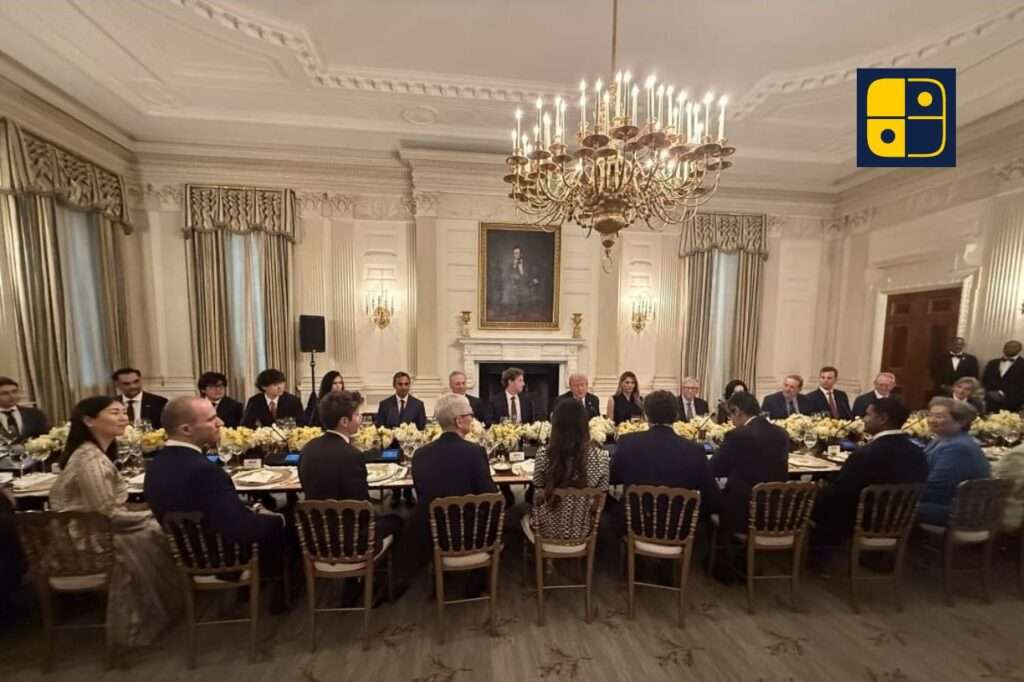Elon Musk’s conspicuous absence from Donald Trump’s recent dinner with corporate leaders signals how quickly political alliances can shift. Only a year ago, Musk was hailed by Trump as the “future of American manufacturing,” especially for Tesla’s U.S. expansion. But disagreements over union policies, EV subsidies, and Musk’s unpredictable political endorsements appear to have cooled ties. The lesson: proximity to power in Washington is transactional, today’s insider can be tomorrow’s outsider, reminding CEOs that access is contingent on alignment with political optics.
In contrast, five to six Indian-origin CEOs leaders of companies like Google (Sundar Pichai), Microsoft (Satya Nadella), Adobe (Shantanu Narayen), and IBM (Arvind Krishna) were invited. Collectively, Indian-origin CEOs helm over 20 Fortune 500 firms, representing more than $6 trillion in market capitalization and a workforce exceeding 4 million in the U.S. Their presence underscores the growing clout of the Indian diaspora in shaping U.S. economic and tech policy.
The question is whether these leaders can temper Trump’s tariff agenda. U.S.–India trade has grown to $212 billion in 2024, but tariffs on steel, aluminum, and certain IT products remain flashpoints. Tech giants are deeply exposed: a 25% tariff on semiconductor imports, for example, could raise costs across consumer electronics, while restrictions on software outsourcing hit Indian IT firms employing 200,000 workers in the U.S. Historically, corporate lobbying has influenced policy, CEOs successfully pushed back on H-1B visa caps during earlier Trump years.
Forward-looking, Musk’s exclusion shows that influence is fragile, but the inclusion of Indian-origin CEOs highlights their rising leverage. If they frame tariffs as hurting U.S. innovation, supply chains, and consumer prices, they may tilt the calculus. In Trump’s America, the boardroom is fast becoming as important as the campaign trail.

